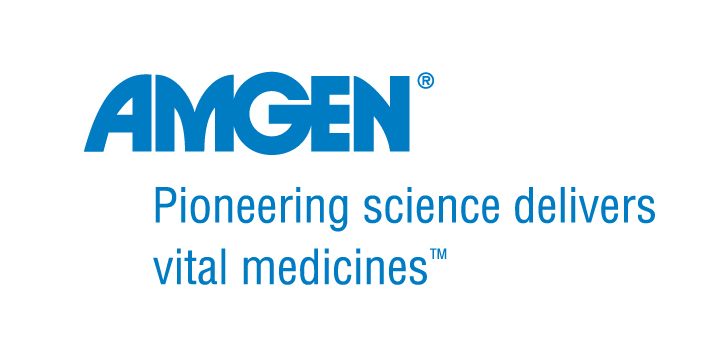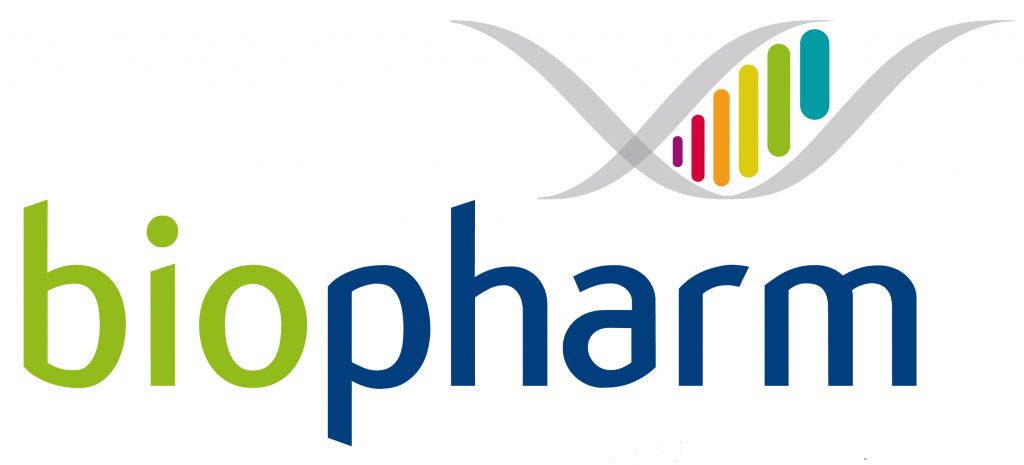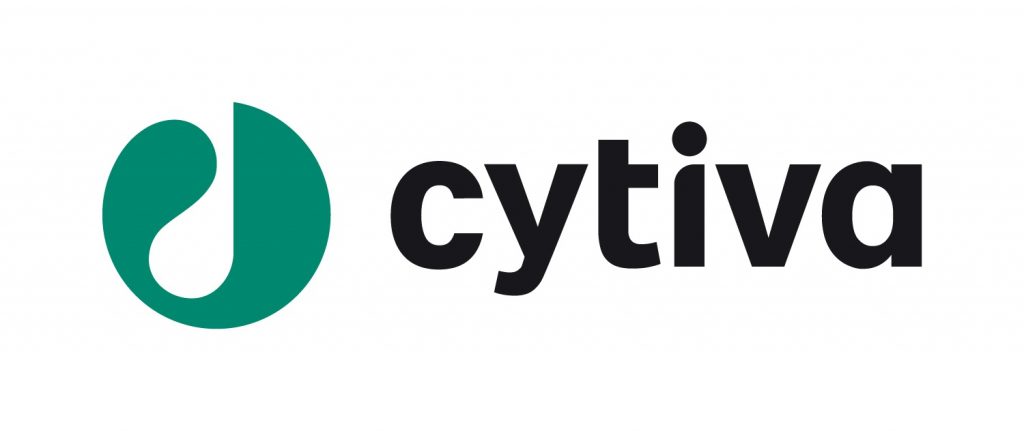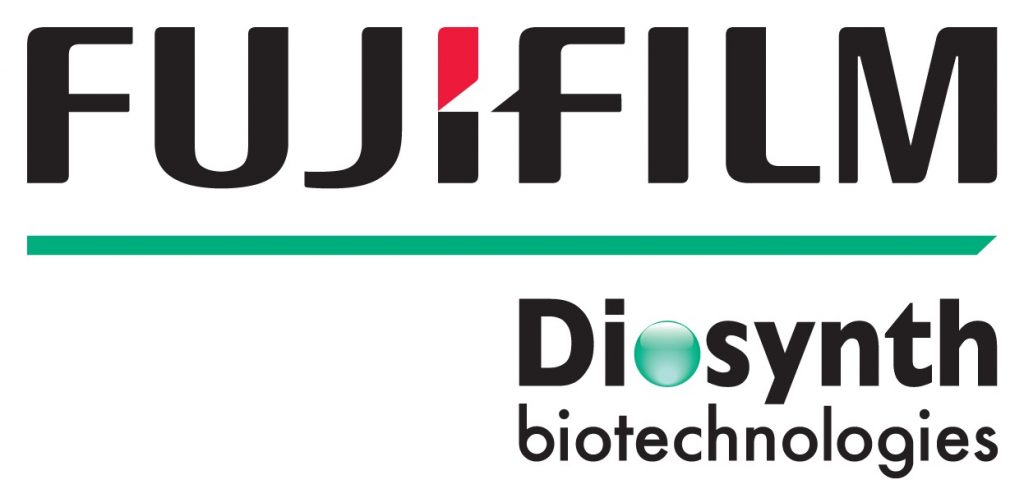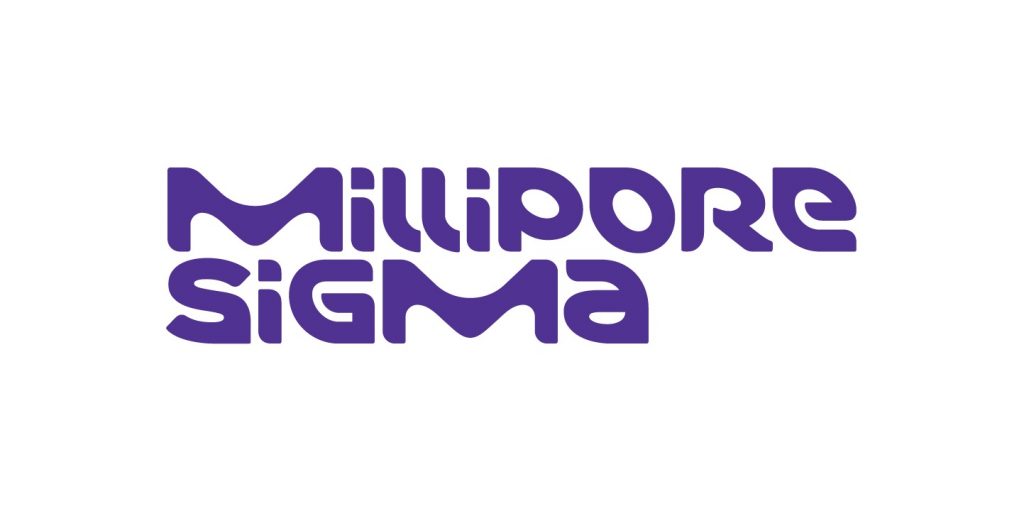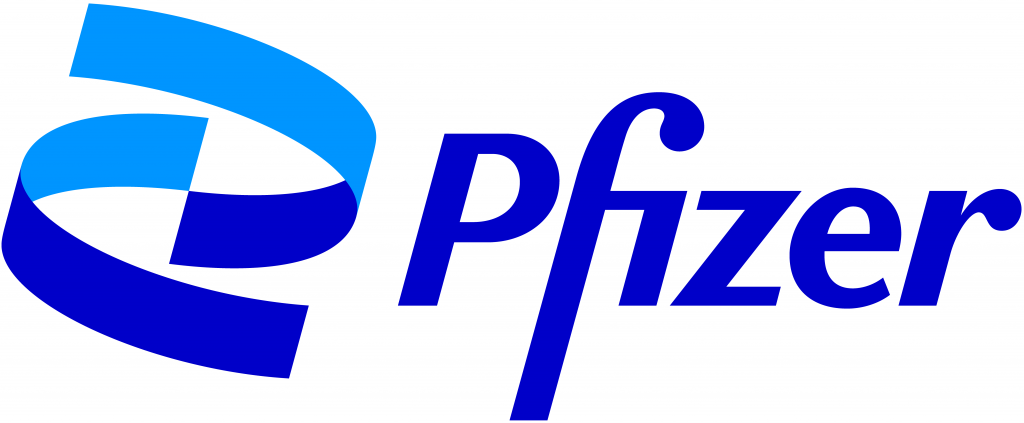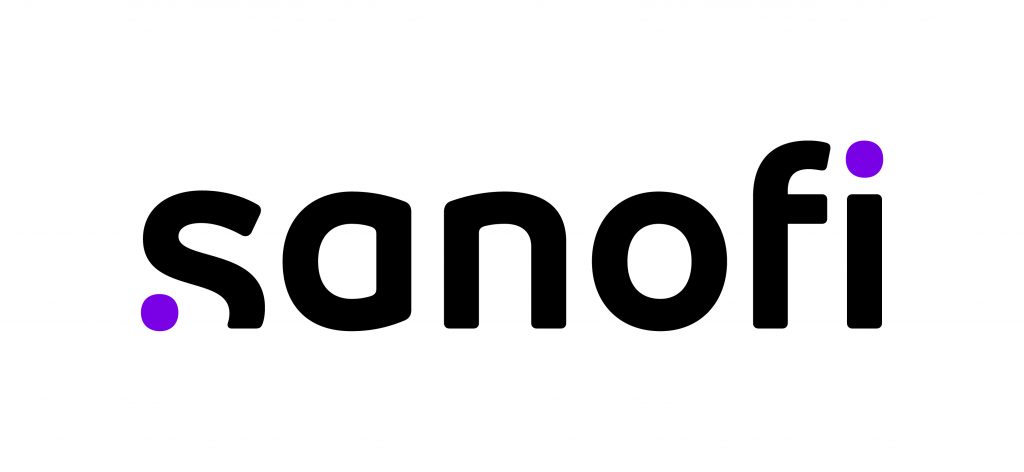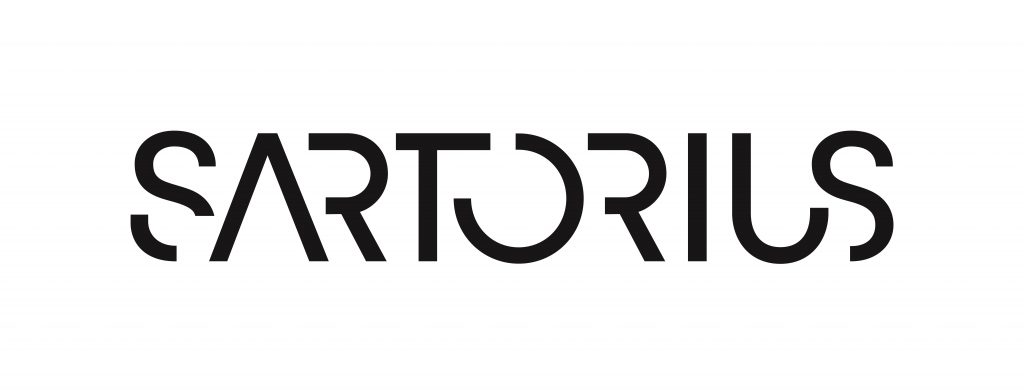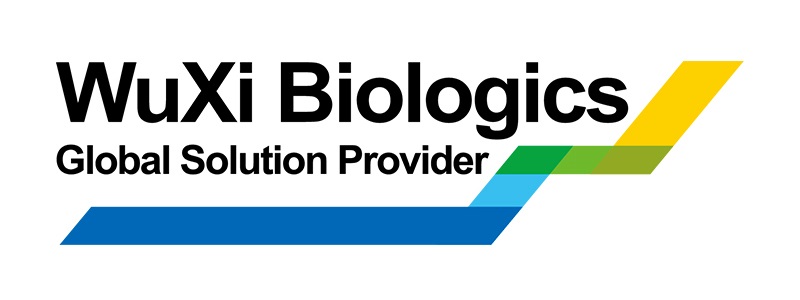An ECI Conference Series
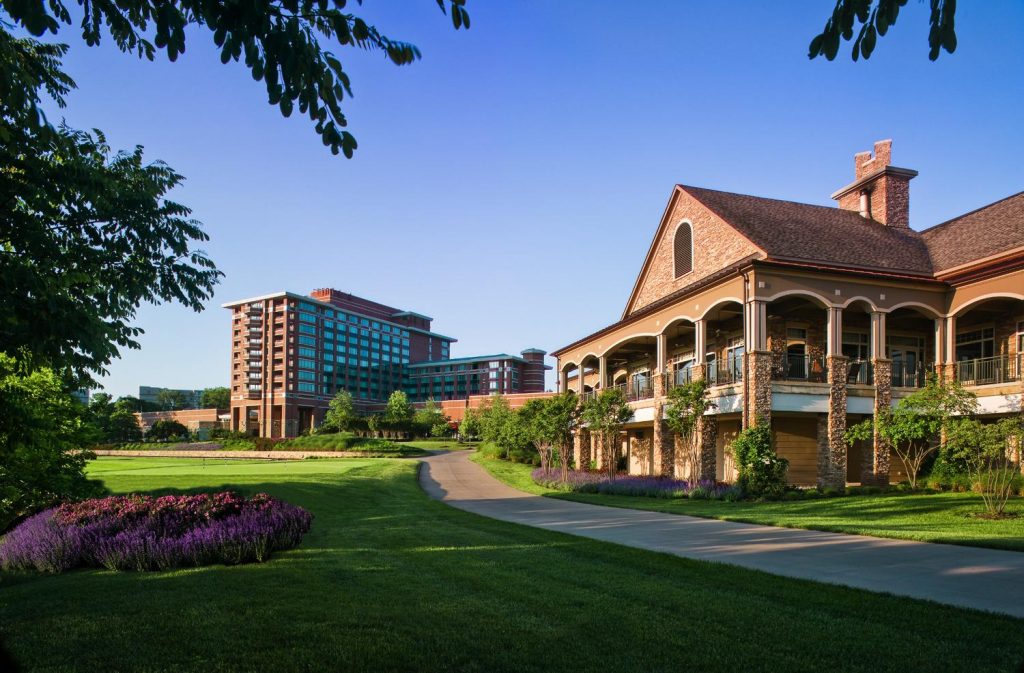
October 20 – 24, 2024
Lansdowne Resort & Conference Center
Leesburg, Virginia
Conference Organization
Conference Chairs
Ana Azevedo, Instituto Superior Técnico, Portugal
Aaron Noyes, Apogee Therapeutics
Kevin Brower, Sanofi, USA
Digital Archives
ICB V Presentations & Abstracts
About This Conference
The Integrated and Continuous Biomanufacturing (ICB) Conference is ECI’s premiere international conference in continuous and integrated biomanufacturing. As global competitive pressures continue to force companies to innovate to succeed, integrated continuous processing creates opportunities to accelerate process development and reduce manufacturing costs while enhancing flexibility and product quality. Ultimately, these collective improvements in efficiency and quality will help us better achieve our primary objective in the field – to increase patient access to transformative therapies.
Impressive technological advances have been made over the past decade to enable the implementation of continuous bioprocessing. ICB VI aims to build on the strong momentum generated in previous conferences of this series by developing an exciting and engaging program showcasing progress in implementation of integrated continuous biomanufacturing technologies for GMP biomanufacturing via case studies of clinical and commercial bioprocesses. ICB VI will highlight progress across the ICB discipline, including areas related to Regulatory Affairs, Simplification, Emerging Therapeutic Modalities, Process Analytical Technology (PAT), Sustainability, as well as Modeling, Automation, and Control.
ICB VI will bring together leading scientists and engineers from academia, industry and regulatory who are actively engaged in creating and enabling integrated continuous biomanufacturing. We look forward to welcoming invitees to Leesburg, Virginia, USA to reflect on the field’s progress and to harness our collective capabilities to drive towards a more efficient and sustainable future.
On behalf of the ICB Conference Steering Committee, we are also pleased to announce that ICB VII is planned to occur in Europe in the Fall of 2025. This will return the biannual conference series to ‘odd’ calendar years. Additional details on organization and site selection will be shared at a future date.
Sincerely,
Ana Azevedo, Kevin Brower, Aaron Noyes
Keynote Speakers

Peter Marks, MD, PhD
Director, Center for Biologics Evaluation and Research, FDA
Peter Marks received his graduate degree in cell and molecular biology and his medical degree at New York University and completed Internal Medicine residency and Hematology/Medical Oncology training at Brigham and Women’s Hospital in Boston. He has worked in academic settings teaching and caring for patients and in industry on drug development and is an author or co-author of over 100 publications. He joined the FDA in 2012 as Deputy Center Director for CBER and became Center Director in 2016. Over the past several years he has been integrally involved in the response to various public health emergencies, and in 2022 he was elected a member of the National Academy of Medicine.
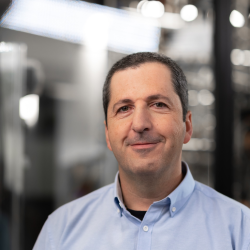
Prof. Yaakov Nahmias
The Hebrew University of Jerusalem
Title: Challenges and Opportunities in the Manufacturing of Cellular Protein
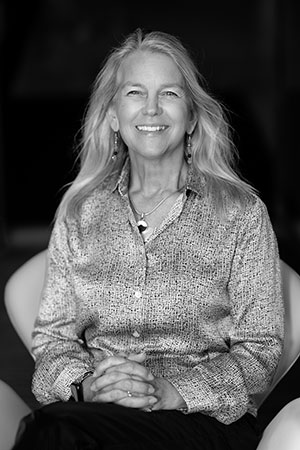
Dava Newman
Director, Massachusetts Institute of Technology (MIT) Media Lab
The Honorable Dr. Dava Newman is the Director of the MIT Media Lab. She holds the Apollo Program Professor of Astronautics chair at the Massachusetts Institute of Technology (MIT) and is a Harvard–MIT Health, Sciences, and Technology faculty member. She was awarded a MacVicar Faculty chair for making significant contributions to MIT undergraduate education. She served as NASA Deputy Administrator (2015-17), the first female engineer in this role, and was awarded the NASA Distinguished Service Medal. Her research and teaching expertise include aerospace biomedical engineering, human performance, advanced space suit design, AI/ML for climate, design, leadership development, innovation, and technology and policy. Newman has been principal investigator (PI) on five spaceflight missions flown aboard the Space Shuttle, Russian Mir Space Station and the International Space Station, and is best known for her revolutionary BioSuit™ planetary spacesuit. Recently, she co-founded EarthDNA with partner Guillermo Trotti to accelerate solutions for spaceship Earth’s Ocean, Land and Air subsystems by curating satellite data to make the world work for 100% of humanity. She has >350 publications and has supervised >100 MIT graduate students and 200 undergraduates. Her teaching and research mantra is to: love, act, design, and innovate (LADI).
ICB Inaugural Lifetime Achievement Award Recipient Charles Cooney
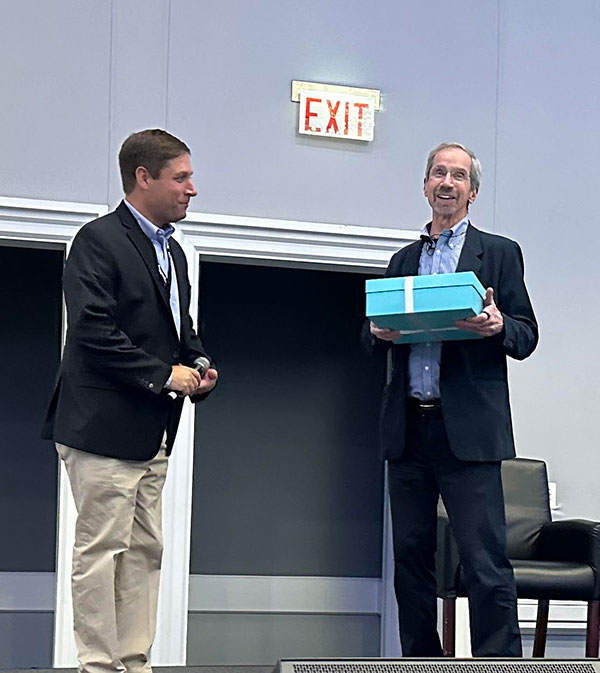
The Sanofi Award is given biannually to recognize lifetime achievement in the field of Integrated Continuous Biomanufacturing (ICB). The award recognizes those that exemplify transformative leadership bringing sustained and disruptive innovation that reaches beyond the ICB community to broader industry and academia. The award is named in acknowledgment of Sanofi’s pioneering work in ICB and the legacy of influential scientists and engineers throughout the community. An award of $5000 cash and a commemorative plaque will be presented at the ECI Conference on Integrated Continuous Biomanufacturing (ICB VI) in Leesburg Virginia.
The 2024 inaugural awardee is Charles Cooney.
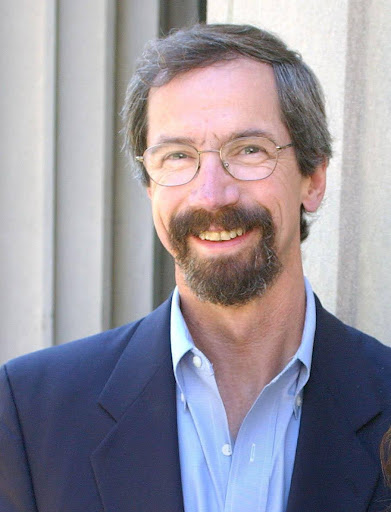
Professor Charles L. Cooney is an eminent scholar and innovator whose contributions have indelibly shaped the field of biotechnology and, more specifically, continuous manufacturing of biological products.
Professor Cooney’s Contributions
Professor Cooney’s illustrious career began with a B.S. in chemical engineering from the University of Pennsylvania, followed by an S.M. and Ph.D. in biochemical engineering from the Massachusetts Institute of Technology (MIT). After a postdoctoral stint at Squibb, where he conducted groundbreaking work in large-scale fermentation, Professor Cooney joined the MIT faculty, marking the start of a distinguished tenure that has spanned decades.
As the founding Faculty Director of the Deshpande Center for Technological Innovation at MIT, Professor Cooney played a pivotal role in fostering technological advancements and entrepreneurial endeavors. His leadership extended to global innovation initiatives, including the Singapore MIT Alliance for Research and Technology (SMART), the Skoltech (Russia), MIT Portugal Programs, and the MIT-Masdar Institute (Abu Dhabi).
Professor Cooney’s research and teaching have been at the forefront of biochemical engineering, with a particular focus on pharmaceutical manufacturing and continuous bioprocessing. His prolific academic output includes over 250 research papers, 25 patents, and the co-authorship or editorship of six influential books, most recently “Adaptive Innovation” in 2023. His courses, such as Fermentation Technology and Downstream Processing, have shaped the knowledge and careers of countless students and professionals in the field.
Industry Leadership
Beyond academia, Professor Cooney’s impact reverberates across the biotechnology and pharmaceutical industries. He has served as an advisor, board member, or founder of over 40 companies, providing strategic guidance and innovative vision. Currently, he serves on the Boards of Innovent Biologics, Iterative Health, LayerBio, Boyd Technology, Elektrofi, Hovione, Levitronix Technologies, and as Chairman of AIM Biotech. His past public board roles include influential positions at Genzyme, Astra AB, Pall Corp., Polypore International, Biocon, Codiak Bioscience, GreenLight Bioscience, and Cuno, Inc. Notably, he chaired the FDA Advisory Committee for Pharmaceutical Science from 2004 to 2006.
Integrated Continuous Biomanufacturing
Charlie has been directly engaged in the continuous biomanufacturing field since the 1960s. His contributions over the years have been instrumental in shaping the concept and evolving the technology, always with a relentless focus on facilitating its implementation. At Genzyme, Charlie’s numerous roles with the company began in the 1980s as the pioneering company was being created. His contributions at Genzyme culminated with his role as Board member of Genzyme beginning in the 1990s and continuing thereafter. Throughout, Charlie provided wisdom and guidance as the company developed, scaled-up, and implemented continuous manufacturing for recombinant enzymes. Charlie also played a pivotal role in the Novartis-MIT Center for Continuous Manufacturing, which led to the creation of a unique end-to-end continuous system for the manufacturing of synthetic medicines. The success of this and other initiatives resulted in the formation of the International Consortium for Advanced Medicines Manufacturing (ICAMM), a collaboration between MIT, other leading universities, the FDA, and industry. This consortium has further expanded the continuous manufacturing field through its broad outreach, the organization of a biannual conference, and the publication of high-impact, visionary technical articles. Finally, Professor Cooney has served as a founding member of the Steering Committee of the ECI ICB series since 2013. This conference would not have achieved its current level of success without Charlie’s invaluable guidance.
Personal Interests and Legacy
Professor Cooney is also known for his broad interests beyond science and technology. He is a Trustee Emeritus of Boston Ballet, a Board of Advisors Emeritus of the Boston Symphony Orchestra, and Chairman of the Leventhal Map and Education Center. An avid mountaineer, skier, scuba diver, and antique map collector, Professor Cooney has climbed some of the world’s most challenging peaks, including Denali, Ama Dablam, Mont Blanc, Kilimanjaro, and Huascarán.
Acknowledgment
In recognition of his extraordinary contributions to the continuous manufacturing of biological products, as well as his enduring influence on both the academic and industrial sectors, the Integrated Continuous Biomanufacturing Conference 6 is honored to present the Sanofi Award to Professor Charles L. Cooney. His legacy and enduring active participation continue to inspire innovation, collaboration, and excellence in the field of Continuous Biomanufacturing and beyond.
2024 ICB Award Recipient: Chetan Goudar

The ICB Award Committee is thrilled to announce that Dr. Chetan Goudar of Amgen has been selected as the recipient of the prestigious 2024 ICB Award.
Dr. Goudar earned his Ph.D. in Chemical and Biological Engineering from the University of British Columbia under the mentorship of Jamie Piret. Since beginning his career in 1999, Dr. Goudar has been at the forefront of advancing biotechnology processing, initially at Bayer and, since 2012, at Amgen. Over the past 25 years, he has skillfully integrated his industrial responsibilities with groundbreaking scientific research and has been a staunch supporter of the international biotechnology community, and continuous bioprocessing in particular.
Notably, Dr. Goudar was a pivotal figure in the establishment of the ICB conference series, starting in 2013. He has played a crucial role in organizing and overseeing every ICB conference to date. At Amgen, he currently serves as Head of Manufacturing and Clinical Supply, leading his team in advancing multiple clinical and commercial products through ICB-enabled GMP technology.
Dr. Goudar’s contributions to the biotechnology community are extensive and impactful. He has authored numerous publications, reviewed grants, and organized various biotechnology conferences and events. His efforts have significantly advanced the ICB field and the broader biotechnology landscape. As a co-chair for the first three ECI ICB conferences—held in Barcelona (2013), Berkeley (2015), and Cascais (2017)—and as a dedicated member of the ICB Steering Committee, he has continually demonstrated his commitment to the field. Additionally, Chetan has actively supported other key biotechnology conferences, such as ECI Cell Culture Engineering and ACS BIOT.
Throughout his illustrious career, Dr. Goudar and his teams have driven innovation in multiple biotech domains, particularly within the ICB framework. His work includes advancements in cell line engineering, drug substance development, and analytical methods for over 75 Investigational New Drug (IND) applications across various therapeutic modalities. Many commercial products have emerged from these efforts, underscoring the impact of Dr. Goudar’s work.
Beyond his technical achievements, Chetan is celebrated as a leader, mentor, and Scientific Advisory Boards member. His friendly, optimistic, and supportive demeanor, coupled with his professionalism, has inspired many colleagues and teams to excel in their careers and projects.
We are delighted to honor Dr. Chetan Goudar with the 2024 ICB Award.
Congratulations, Chetan!
Session Descriptions
Advances in automation, process control, and PAT that enable expanded ICB deployment
Session Chairs:
Irina Ramos, AstraZeneca
Leon Pybus, FUJIFILM Diosynth Biotechnologies
ICB based approaches provide a step-by-step transition from batch to more continuous modes of operation by either intensifying single unit operations or integrating process steps with the ultimate vision of fully automated flow-through continuous processing. The actual requirement for optimized clinical and commercial manufacturing may lie somewhere in between an end-to-end batch and fully continuous flow-through process. Nonetheless, increased ICB operation increases system and technology complexity, necessitating greater automation orchestration and control. Furthermore, ICB could allow real-time release testing of the drug substance or drug product. However, this vision requires the implementation of process analytical technologies (PAT) to identify and control processes when unplanned deviations in feed or raw material attributes occur.
Therefore, this session will focus on automation, process control and PAT that pave the way for more intensified ICB and drug substance real-time release. Priority will be given to submissions that present implementations into commercial or clinical manufacturing environments. Subtopics of interest include process monitoring, process modeling, in-process analytics, digital twins and data analytics with an ICB context.
ICB Convergence: Case Studies in Simplification and Standardization
Session Chairs:
Elizabeth Goodrich, MilliporeSigma
Joanna Pezzini, PAK BioSolutions
While continuous processes are more complex than batch due to a high level of dependence between simultaneously operating steps, the industry has made steady gains to recognize areas for improvement and address challenges. Companies are probing strategies to balance the ideal of a fully continuous process with the pragmatic introduction of simpler intensified processes that deliver a similar level of benefit. Much like a standardized process template and readily available full-scale systems enabled the dramatic expansion and simplification of batch mAb processing, technologies and process knowledge for continuous processing are currently maturing to drive increased implementation of fully connected and continuous processes.
In this session we would like to highlight progress within the industry, and particularly across multiple companies and vendors, where simplification and standardization of equipment, single-use technologies, digital strategies, and/or automation have enabled intensified processing and have resulted in improved efficiency, flexibility, and performance.
We invite contributions that demonstrate implementation of continuous processes across multiple unit operations and discuss strategies for and challenges with the interconnection of these steps.Presentations that demonstrate the use of modeling to solve real-world problems of intensified process design and control are also encouraged; these may include tools and other efforts to evaluate mass and flow balances, residence time distributions, hardware sizing, and consumable sizing based on cadence. Discussion is welcomed on areas where the industry could benefit from additional standardization to lower the hurdle of achieving a continuous process.
ICB GMP Implementation: Celebrating Achievements and Lessons Learned
Session Chairs:
Lara Fernandez-Cerezo, Merck & Co.
Jun Tian, WuXi Biologics
Traditional biologics manufacturing processes in a batch mode are generally costly and time-consuming. Continuous processing on the other hand may produce higher productivity with greater consistency in product quality, and may reduce equipment and facility footprint significantly lowering capital and manufacturing costs. As such, Integrated Continuous Biomanufacturing (ICB) has been gradually and steadily adopted in the biopharmaceutical industry for clinical or commercial manufacturing in GMP environments.
In this session, we aim to cover industry advances when implementing ICB into GMP operations, but also encourage talks to cover the challenges experienced during the adoption and their mitigation strategies.
More specifically, we invite cross-functional talks encompassing ICB process tech transfer; ICB equipment and process validation; ICB equipment sizing, facility design and construction; and notably differences and considerations between clinical and commercial ICB processes.
Strategic case studies will also be fostered in this session, covering for example consumables, material management and supply/demand projections performed for ICB-manufactured products.
We are striving towards a session based on real-world case studies with multi-disciplinary talks leveraging input from different functional areas such as process development, regulatory, operations, supply chain, commercialization, validation, process automation, procurement and quality teams.
Leveraging ICB for a Sustainable Future
Session Chairs:
Sara Badr, University of Tokyo
Kerry Love, Sunflower Therapeutics
Enabling advances in biotechnology to address the needs of our growing global population will require reexamination and adaptation of legacy biomanufacturing approaches, including ICB. Ensuring sustainability requires balancing the three pillars of environmental, social, and economic development. What is the role of ICB in realizing a more sustainable future?
In this session, we invite presentations that address the following topics:
1) Modeling the impact of the industry: What is the industry’s environmental footprint and how can we reduce it? What innovations can help conserve resources and raw materials? What are the sustainability indicators to best describe the impact of biopharmaceutical production?
2) Tradeoffs in and among sustainability pillars: What are the choices biomanufacturers are making between environmental, social and economic impact? How can they be quantified and resolved? How could ICB factor into decision making to reduce compromise overall?
3) Material developments: What innovative process materials can reduce footprints? How can different stakeholders (suppliers, process developers,..) incentivize changes towards these innovations while balancing risk?
4) Addressing the social impact: What is needed from the industry to ensure the well-being of global communities? How can ICB be leveraged for sustainable in-region production of diverse products, including new business models that encourage bioeconomy growth?
5) Industrial biotechnology and alternative foods: How can ICB expand its relevance to alternative foods, enzymes and other commodity biotechnology products? What are the potential negative impacts of large-scale production of cellular agriculture and precision fermentation and how can ICB mitigate these?
6) Regional, and regulatory aspects of sustainability: What is the role of the regulators in developing more sustainable processes and products? What are the implications of regional constraints on global production?
Regulatory Science for Integrated Continuous Biomanufacturing
Session Chairs:
Manuel Osorio, FDA
Joel Welch, FDA
As ICB continues to progress towards implementation across the industry, Regulatory Science will play an increasingly critical role to further adoption of ICB technology across a broad range of processes, modalities, and companies. Foundational relationships have been established via a range of regulatory forums and means of interaction, whether via informal health authority engagement, participation in consortia, or formal engagements across INDs, BLAs, and MAAs. Accordingly, a significant body of concrete ICB cases have emerged demonstrating the applicability and adaptability of current regulatory frameworks to enable the development and both clinical and commercial implementation of ICB to manufacture medicines for patients.
In this session, we welcome case studies describing regulatory engagements for the implementation of ICB technology in practice. These case studies may describe work done to establish and apply regulatory strategy within a development program or in cross-industry consortia. Case study examples may include description of IND filing strategy, including approaches for engagement in new technology forums (such as, but not limited to ETT and CATT), preIND meeting strategy and corresponding briefing book development, and strategy or examples of responses to questions posed by health agencies during Type C, IND, or BLA/MAA activities.
Additional topic areas may also include regulatory considerations and associated case studies for conversion between batch, hybrid ICB, and more fully continuous applications of ICB technology, including related comparability paradigms. Case studies describing experiences preparing for inspection, such as by internal audits or mock inspections are of particular interest as are descriptions of common themes across agencies and key heterogeneity experienced during global regulatory submissions.
Submissions are welcome from all members of the regulatory science continuum, including applicants (innovators, CDMOs, etc), health authorities, vendors, and academia. In all cases, preference will be given to abstracts that include specific case studies that detail ICB and regulatory science in practice.
What’s new(er): Applications of ICB for Emerging Modalities
Session Chairs:
Stefano Menegatti, NC State University
Aravindan Ragendran, Pfizer
Novel modalities, including cells (cell therapies, cultured meat, seafood, dairy and eggs), viruses and viral vectors, bionanoparticles (LNPs, extracellular vesicles, virus-like particles) and nucleic acids (plasmids, mRNA) have emerged as a promising new class of biotherapeutics. While impressive advances have been made in continuous manufacturing strategies for small molecule and protein therapeutics, these new entities introduce complexities with varying sizes and biophysical properties requiring a re-evaluation of current technologies.
Join us for this session dedicated to the application of ICB strategies to the manufacture of new modalities, now including the exciting field of cellular agriculture. We will explore concepts of continuous flow and integrated unit operations control strategies aimed at producing high quality, cost effective bioproducts. Topics will cover a broad spectrum, including but not limited to:
- State-of-the-art technologies in continuous upstream and downstream processes applied to emerging modalities
- Integration of unit operations for continuous processes, including novel approaches to accommodate unique challenges encountered with emerging modalities
- Bespoke PAT and control strategies necessitated by the unique properties of the modality
- Systems approaches to improve efficiency
- Implementation of continuous platforms with perspectives such as scale-down models and cost of goods analysis
- Navigating the evolving regulatory frameworks for new modalities and continuous manufacturing
Poster Session / Chairs
- Ken Lee, Astra Zeneca
- Martin Lobedann, Sartorius
- Anurag S Rathore, Indian Institute of Technology Delhi
Workshop Descriptions
Extending the continuous boundary beyond DS
Chairs
Michael Coolbaugh, Sanofi and Doug Hausner, ThermoFisher
Description
As a community, we have made tremendous progress in realizing the promise and potential of integrated continuous biomanufacturing. Multiple companies have reported the successful implementation of ICB in GMP manufacturing and our fundamental understanding of continuous unit operations, process integration, and advanced process control is continuing to mature. While it is important to celebrate these successes and continue to build momentum toward expanding ICB implementation, it is also an opportune time to holistically evaluate if we are being sufficiently bold in our ambitions for ICB. To date, almost all the advances and successes have focused on drug substance manufacturing, from the production bioreactor through bulk drug substance. Is this enough? Can we achieve our goals of delivering affordable medicines to the most patients simply through intensified drug substance manufacturing?
This workshop will aim to address this question by identifying the next opportunity(ies) for innovation and disruption within biologics manufacturing. The discussion will attempt to include the broadest possible scope, from DNA to the patient. A preliminary but certainly not exhaustive list of potential topics includes:
- Cell banking and cell expansion intensification
- Integrated and continuous drug product and drug device combination manufacturing
- Integrated DS and DP manufacturing
- Intensified media, buffer, and water management
- Distributed raw materials manufacturing (consumables, resins, etc.)
- Advanced PAT and real (right) time release
For each of the prioritized topics, we will aim to identify the potential benefits, risks (including technical, operational, and business risks), and main barriers to overcome. We aim to use this discussion to develop a roadmap to the community to expand the promise of ICB beyond DS and ultimately to better serve our patients. We encourage you to please join our workshop and help us identify the next areas for disruption in our industry.
ICB Risk Assessments: Case Studies in Practice
Chairs
Gene Schaefer, NIIMBL and Kelly Wiltberger, Biogen
Description
With any novel technologies or new ways of working, risks are inherent in the implementation and need to be mitigated properly to ensure success as well as building confidence in further adoption of related technologies. In this workshop, we would like to look at broader risks to adoption and implementation of new technologies in addition to technical readiness (value proposition, workforce capability, regulatory acceptance, digital maturity etc). In the workshop we will:
- Briefly share one or two examples of current business process tools to assess risks of technology implementation
- Provide the opportunity for the attendees to test drive a simplified version of these tools using specific case studies by playing the roles of either technology developers or site management executives using one of two real world scenarios we’ll provide beforehand
Come see which technologies get greenlighted for implementation and why.
Developing ICB Business Cases
Chairs
Suzanne Farid, University College London – UCL, UK
Eva Gefroh, Just – Evotec Biologics, USA
Description
Join us for an engaging and interactive workshop session focused on developing robust business cases for continuous biomanufacturing processes and facilities. As advancements in technology bring the possibility of fully integrated continuous bioprocessing facilities closer to reality, significant effort is still required in the planning and design phases. In this workshop, we will explore innovative continuous technology design concepts and their potential impact on the CMC timelines, as well as the financial implications for different business units involved in process development, tech transfer, validation, commercial manufacture, and quality. In addition, we will assess the gaps, risks, and opportunities associated with the implementation of these technologies.
We will dive into key questions, such as whether to pursue end-to-end continuous processes or hybrid systems when considering new therapeutic product pipelines, or as a strategy to improve cost and productivity of existing candidate therapeutics through process change scenarios.
We will be tapping into your experiences and insights on two core themes related to formulating business cases:
- Vision and Evaluation of ICB Implementation Scenarios: What is the potential impact on costs, timelines, flexibility, and complexity? How will you reconcile these trade-offs for decision-making?
- Gaps, Risks, and Opportunities: What gaps remain in manufacturing technologies and CMC development strategies? What are the greatest quality and regulatory risks, and how can we mitigate them?
Our goal is to facilitate a lively and interactive discussion, encouraging open dialogue and the sharing of experiences from all participants. We will kick off with a quick check-in to gather additional suggestions and prioritize topics for the group to tackle. You are welcome to forward comments or ideas before the session. Don’t miss this opportunity to contribute to the conversation that will help shape the future of ICB business cases.
Digital Twins, Cousins, Friends
Chairs
Maria Papathanasiou, Imperial College London, UK (maria.papathanasiou11@imperial.ac.uk)
Jeff Salm, Pfizer, USA (Jeff.Salm@pfizer.com)
Description
A digital twin is a virtual representation of a physical system or process that can be used to simulate, optimize, and control the real system or process in real time or near real time. Digital twins can enable integrated and continuous biomanufacturing (ICB) by providing a digital platform for data integration, analytics, modeling, and decision making across different stages of development and production. The integration of digital twins in the traditional workflow can help reduce cost, risk, and time of developing and manufacturing biopharmaceuticals, while ensuring quality and efficacy. At the same time, digital twins facilitate process innovation, scale-up, and technology transfer enabling more flexible and agile manufacturing operations. Wide deployment of digital solutions can support regulatory compliance and approval by providing a transparent and traceable record of the process history and performance.
Despite their tremendous potential to accelerate process and product development, digital twins still face several barriers that challenge their wider deployment. Those include but are not limited to:
– Data availability, quality, and standardization: Biomanufacturing processes generate large and complex datasets from multiple sources and formats, which need to be collected, stored, processed, and integrated in a consistent and reliable way. Data quality and integrity are essential for building accurate and robust digital twins, but they can be compromised by human errors, equipment failures, or cyberattacks. Data standardization and harmonization are also needed to ensure interoperability and compatibility among different data systems and platforms.
– Model development, validation, and maintenance: Developing digital twins for biomanufacturing requires sophisticated mathematical and computational models that can capture the nonlinear and dynamic behavior of biological systems and processes, as well as account for variability and uncertainty. These models need to be validated and verified using experimental data and expert knowledge, and updated and maintained as new data and information become available. Model development and validation can be time-consuming and resource-intensive, and require multidisciplinary collaboration and coordination among different stakeholders.
– Infrastructure and workforce: Implementing digital twins in biomanufacturing requires adequate infrastructure and workforce to support data acquisition, transmission, storage, analysis, and visualization, as well as model execution, simulation, and optimization. This includes hardware, software, network, and cloud solutions, as well as skilled and trained personnel who can operate and maintain the digital twin systems and platforms. Infrastructure and workforce development and investment can pose significant technical and financial challenges, especially for small and medium-sized enterprises (SMEs) and emerging markets.
– Business cases and value proposition: Developing and adopting digital twins in biomanufacturing requires a clear and compelling business case and value proposition that can justify the costs and benefits of the technology, as well as address the potential risks and uncertainties. The business case and value proposition need to align with the strategic goals and priorities of the biomanufacturers, as well as the expectations and requirements of the customers and regulators. The business case and value proposition also need to consider the competitive landscape and market dynamics of the biopharmaceutical industry, as well as the social and ethical implications of the technology.
– Regulatory challenges and opportunities: Developing and adopting digital twins in biomanufacturing involves regulatory challenges and opportunities, such as how to demonstrate> the validity and reliability of the digital twin models and outputs, how to ensure data security and privacy, how to comply with existing and emerging regulations and standards, and how to leverage the digital twin technology to accelerate and facilitate regulatory approval and oversight. Regulatory challenges and opportunities can vary depending on the type, scope, and application of the digital twin, as well as the regulatory framework and environment of the target market.
In this workshop we will focus on defining the landscape within which digital twins are currently employed in the biopharmaceutical workflow and identify areas in which digital solutions can expand. We will also discuss how digital twins can enable the adoption and development of ICB processes. At the same time, challenges to deployment of digital twins will be discussed, including how those solutions are perceived in a regulatory landscape.
Control for ICB
Chairs
Richard Braatz, MIT (braatz@mit.edu)
Mark Brower, Merck (mark_brower@merck.com)
This will be a special training workshop on Integrated Continuous Biomanufacturing Process Control including both theory and application discussion. This workshop will provide a holistic view of integrated control strategies, from basic process controls to advanced techniques that optimize plant-wide operations.
Key points for discussion include: 1) Introduction to an Integrated Control Strategy & Basic Process Controls: Understand the importance of integrating various control elements required to consistently deliver high quality biotherapeutics, 2) Unit Operation Level Control: Delve into the intricacies of designing a control algorithm for a unit operation deploying the algorithm across scales, 3) Process Level Control to Integrate Unit Operations: Learn how to coordinate control strategies across multiple unit operations and implications from linking unit operations, 4) Plant Level Control Concepts to Facilitate Tech Transfer: Gain insights into systems that facilitate effective technology transfer and scalability within a manufacturing network, and 5) Advanced Process Control: Explore advanced control techniques such as real-time optimization, multivariate control, and model predictive control, and their applications in achieving superior process performance and stability.
Sustainability 101
Chairs
Sara Badr, The University of Tokyo (badr@pse.t.u-tokyo.ac.jp)
Priyanka Gupta, Sartorious (Priyanka.Gupta@sartorius.com)
Description
This workshop aims to provide a better understanding of concepts and practices related to sustainability in biopharmaceutical manufacturing. It is designed to facilitate discussions on best practices for evaluating, implementing, and advancing sustainable practices in biopharmaceutical manufacturing. The workshop will cover the following key areas:
- Understanding Sustainability Indicators: An overview of the pillars of sustainability will be provided. Through a hands-on approach, participants will learn calculation methods for key sustainability indicators and explore their advantages and shortcomings.
- Data Requirements and System Boundaries: Assessment scope and boundaries can vary among stakeholders. This workshop will discuss the systems approach necessary for a holistic impact assessment. Additionally, an overview of required data and their sources for calculating different indicators will be provided.
- Life Cycle Assessment (LCA): Participants will learn the fundamentals of LCA, including goal and scope definition, and how to calculate different damage indicators. The workshop will explore expanding LCAs from a gate-to-gate perspective to a cradle-to-gate perspective, allowing for a comprehensive evaluation of environmental impacts throughout the product life cycle.
- Strategies for Improving Sustainability Impact: Discussions will focus on potential routes for impact reduction, including innovative process developments, strategies for promoting circularity within the industry, and navigating regulatory issues related to sustainability.
Call for Abstracts
Abstract submissions are now closed.
Poster Presenter Guidelines
Poster Dimensions: 4 feet high by 6 feet wide (Landscape style)
Conference Program
Poster Presentations
Conference Fees and Registration
The conference fee includes the following: Conference registration, accommodations (nights of Sunday (Oct. 20), Monday (Oct. 21), Tuesday (Oct. 22), and Wednesday (Oct. 23); check-out on Thursday (Oct. 24)), meals (with the exception of Tuesday dinner), coffee breaks and excursion to the Smithsonian Steven F. Udvar-Hazy Center on Tuesday. Dinner on Tuesday after the excursion is on your own. Incidental fees (laundry, minibar etc.) are billed to your personal account by the hotel.
ALL PARTICIPANTS (INCLUDING MEMBERS OF THE ORGANIZING COMMITTEE AND INVITED SPEAKERS) ARE REQUIRED TO REGISTER.
Please note that registration for this conference is by invitation only. Space is limited. If you are interested in attending and would like to be added to the waitlist for an invite from the conference chairs, please sign-In to your account to request a mailing to express your interest in attending.
The conference fees are:
| Registration Cut-off Registrations received after this date can only be confirmed on a case-by-case basis. | September 27, 2024 |
| Participant (single occupancy or sharing room with a guest; guest fee additional) | US $3,425 |
| Participant (sharing a room with another participant) | US $2,825 |
| Bona fide Graduate Students & Postdoctoral Scholars (sharing a room with another student/post-doc) (Those in this category must upload proof of current status during registration – copy of current Student ID or a letter from your University confirming your student status) | US $2,415 |
| **Fees for Guest/accompanying person sharing bedroom with a participant. (Includes all conference included meals and excursion) Guests/accompanying persons may not attend technical sessions. | US $850 |
| **Fees for Guest/accompanying person sharing bedroom with a participant. (Room ONLY, NO meals and NO excursion) Guests/accompanying persons may not attend technical sessions. | US $95 |
If you plan to bring children to the conference, please contact Renee Smith for pricing.
Integrated Continuous Biomanufacturing VI is an invitation-only event. If you would like to be considered for an invitation to attend this event, please indicate your interest: Sign-in to your account and Request A Mailing for the ICB VI Conference.
Pre and Post Conference Hotel Reservations
Conference Hotel: Lansdowne Resort (44050 Woodridge Parkway, Leesburg, VA)
Participants can book their pre and post nights via this link: https://book.passkey.com/go/ICBPREPOST
Rate: $259/night plus taxes (8% occupancy tax and 6% room tax)
(An additional $25 per night fee applies if there are more than 2 adults in a room)
Reservation requests are subject to availability. Please reserve your pre/post nights as soon as possible.
Cancellation Policy: Cancellations must be received 72 hours in advance.
Sponsorship Opportunities
Package A: $15,000
- Company logo displayed on screen between sessions
- Name of company on sponsor list in electronic program and conference app
- Full page ad in electronic program
- Company logo & link on conference website and in conference app
- Sponsor a Scientific Session or Workshop (Company name listed as sponsor of session/workshop in program, on app and on slide at the beginning of session/workshop)
Package B: $10,000
- Company logo displayed on screen between sessions
- Name of company on sponsor list in electronic program and conference app
- Full page ad in electronic program
- Company logo & link on conference website and in conference app
- Sponsor a coffee break
Package C: $7,500
- Company logo displayed on screen between sessions
- Name of Company on Sponsor List in electronic program
- Half page ad in electronic program
- Company logo & link on conference website and in conference app
Package D: $5,000
- Company logo displayed on screen between sessions
- Name of company on sponsor list in electronic program and conference app
- Company logo & link on conference website
ECI Associate Director Kevin Korpics (kevin@engconfintl.org) may be contacted for invoicing and other questions.
Please note that sponsor packages do NOT include speaking slots at the conference. Packages also do NOT include any free or discounted registrations for attendees from sponsor companies.
Conference Sponsors
Special Issue of Biotechnology Progress
We are excited to announce that there will be a special issue on “Integrated Continuous Biomanufacturing” in Biotechnology Progress. This issue aims to capture recent advances in ICB, including topics that were presented and discussed at ICB V in Barcelona in 2022. The submission deadline is July 1, 2023. If you have questions, please contact Jason Walther at jason.walther@sanofi.com.
Venue Information
The conference will take place at the Lansdowne Resort and Spa
44050 Woodridge Parkway
Leesburg, VA 20176

This AAA Four Diamond award-winning resort is the Mid-Atlantic’s premier destination for conferences with unmatched service and facilities, a beautiful terrace with panoramic views of the grounds and golf course, experienced staff and outstanding guest room accommodations. Lansdowne, located on 500 picturesque acres, is recognized as a Virginia Green Lodging facility. The resort is only about 12 miles from Dulles Airport and about 30 miles outside of Washington, DC.

Lansdowne has on site high technology conference support, complimentary high speed WiFi coverage throughout the resort and most of the 36 meeting rooms are organized in a compact conference center format for maximum flexibility. In addition, the conference facilities include refreshment kiosks that are far above the standard coffee break and are available throughout the day.
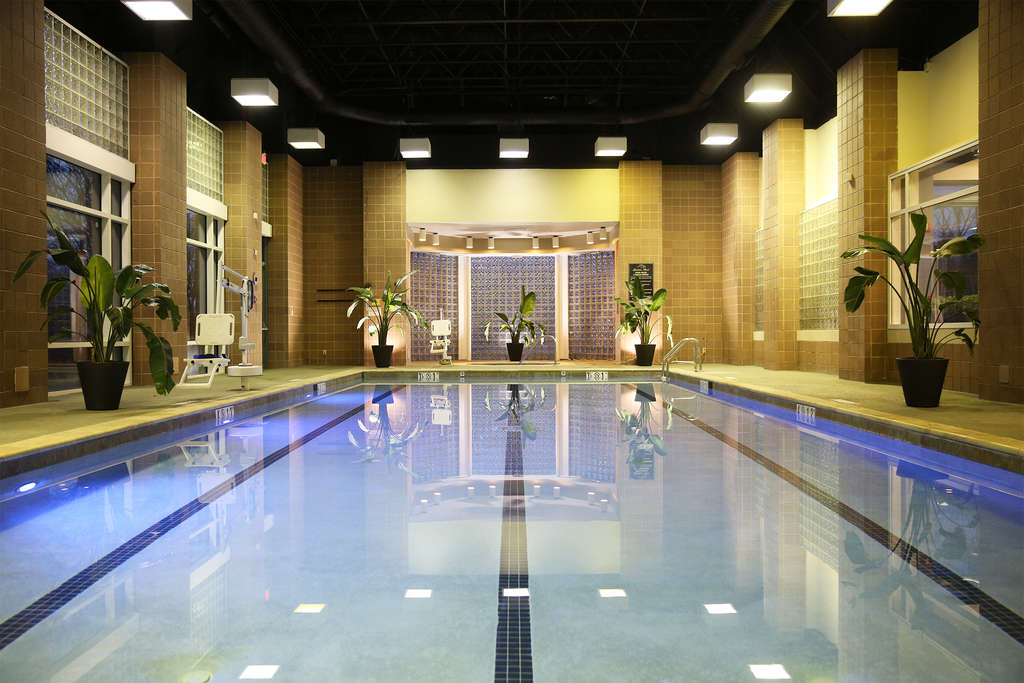
Conference participants will have complimentary use of the 24-hour fitness center, hot tubs, sports courts, indoor (and seasonal) outdoor pools, billiards, fire pits and bikes (based on availability). Water activities include kayaking and fishing on the Potomac River.
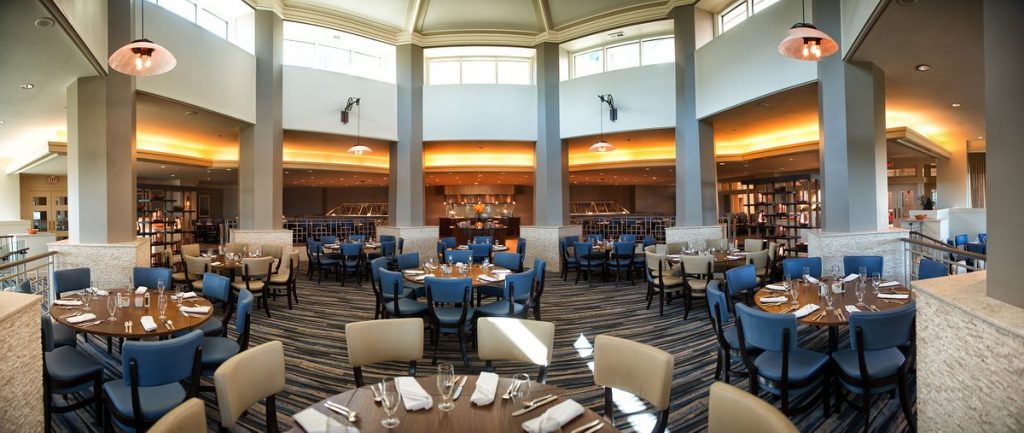
Each guestroom has bottled water, Lavazza coffee and coffeemaker, tea, HD LCD TVs, bathrobes, hair dryer and quality bath amenities. All guestrooms are non-smoking. Lansdowne also has a spa (Spa Minérale) which offers traditional spa services. It features relaxation lounges, steam rooms, dry saunas, whirlpools and hair, makeup and nail services.
Dine Around Information
Transportation Information
Washington Dulles International Airport (IAD) is just 20 minutes from Lansdowne Resort. The next closest is Regan National Airport (DCA), which is about one hour away.
Airport shuttles
The resort provides a paid shuttle service from Washington Dulles International Airport (IAD) for $35 per person each way. Shuttles require advance reservations. For airport transportation, please schedule it here and use booking code 2021RM1.
Taxis and rideshares are also available at the airport.
Driving Directions from Washington Dulles Airport
- Follow signs to VA-28 N
- After 4.3 miles, exit left onto VA-7 W toward Leesburg/Winchester
- After 2.5 miles, exit onto Ashburn Village Blvd. toward State Rt. 2020 N
- After 0.1 miles turn left onto Riverside Parkway
- After 0.6 miles, turn right onto Woodridge Parkway
- Continue another 0.6 miles on Woodridge Parkway to the resort
What address should I enter in my GPS?
The resort’s GPS address is: 44050 Woodridge Parkway, Leesburg, Virginia 20176

Conference History
Integrated Continuous Biomanufacturing
October 20 – 24, 2013, Castelldefels, Spain
Conference Chairs: Konstantin Konstantinov, Genzyme-Sanofi, USA; Chetan Goudar, Amgen, USA; Nigel Titchener-Hooker, University College London, UK
Integrated Continuous Biomanufacturing II
November 1 – 5, 2015, Berkeley, California, USA
Conference Chairs: Chetan Goudar, Amgen, USA; Suzanne Farid, University College London, UK; Christopher Hwang, Genzyme-Sanofi, USA; Karol Lacki, Novo Nordisk, Denmark
Integrated Continuous Biomanufacturing III
September 17-21, 2017, Cascais, Portugal
Conference Chairs: Suzanne Farid, University College London, UK; Chetan Goudar, Amgen, USA; Paula Alves, IBET, Portugal; Veena Warikoo, Axcella Health, Inc., USA
Integrated Continuous Biomanufacturing IV
October 6-10, 2019, Brewster (Cape Cod), Massachusetts, USA
Conference Chairs: Veena Warikoo, Roche, USA; Alois Jungbauer, BOKU, Austria; Jon Coffman, AstraZeneca, USA; Jason, Walther, Sanofi, USA
Integrated Continuous Biomanufacturing V
October 9-13, 2022, Sitges, Spain
Conference Chairs: Ana Azevedo, Técnico Lisboa, Portugal, Jason Walther, Sanofi, USA, Rohini Deshpande, Amgen, USA
General Information About ECI
Engineering Conferences International (ECI) is a not-for-profit, global engineering conferences program, originally established in 1962 that provides opportunities for the exploration of problems and issues of concern to engineers and scientists from many disciplines.
The format of the conference provides morning and late afternoon or evening sessions in which major presentations are made. Poster sessions will be scheduled for evening discussion as well. Available time is included during the afternoons for ad hoc meetings, informal discussions, and/or recreation. This format is designed to enhance rapport among participants and promote dialogue on the development of the meeting. We believe the conferences have been instrumental in generating ideas and disseminating information to a greater extent than is possible through more conventional forums.
All participants are expected both to attend the entire conference and to contribute actively to the discussions. The recording/photographing of lectures and presentations is forbidden. As ECI conferences take place in an informal atmosphere, casual clothing is the usual attire.
Smoking is prohibited at ECI conferences and conference functions.



